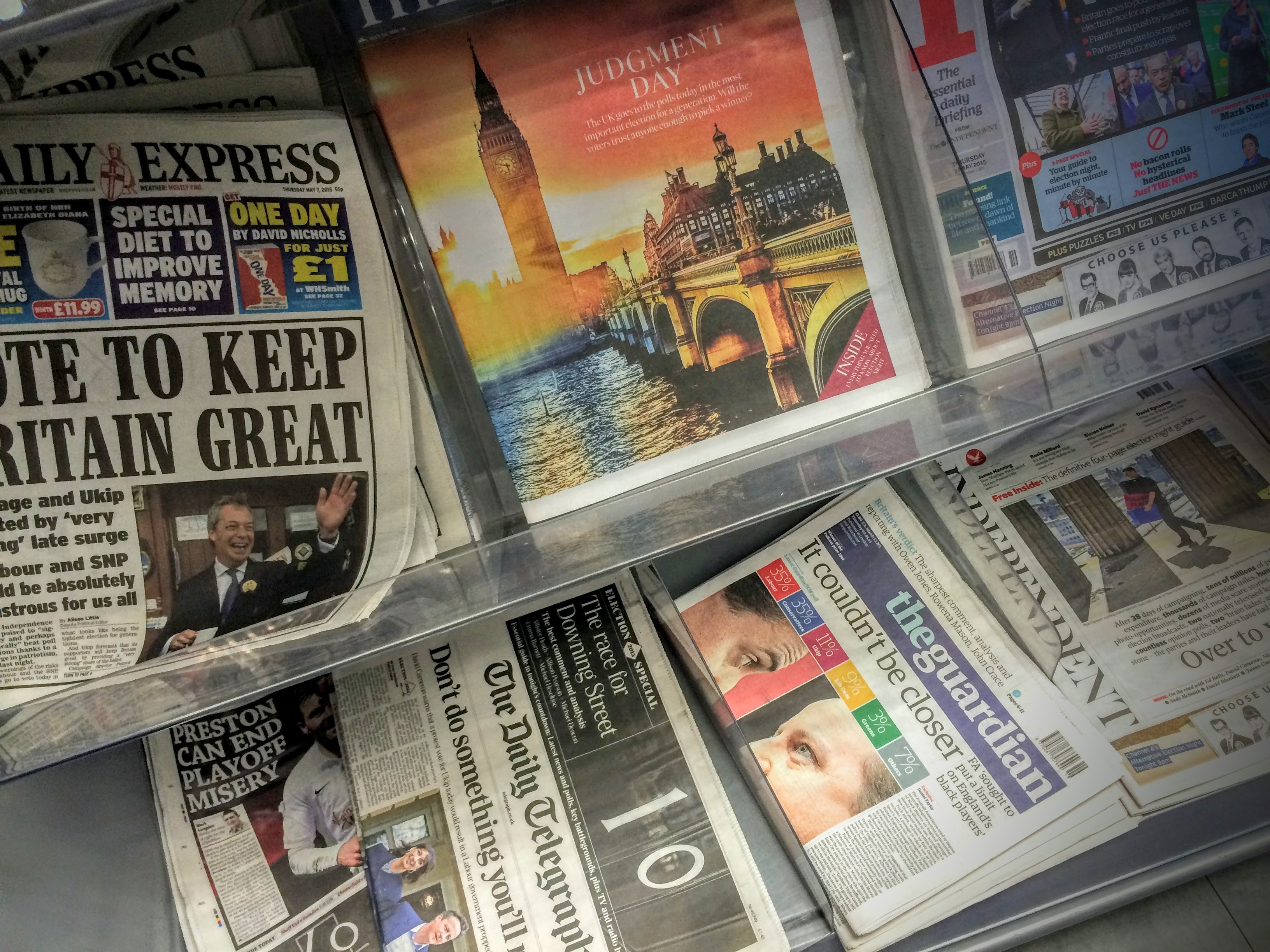
Easy question of the week: can online journalism hold politics to account?
So, in conclusion, ponder this question: in a world without newsprint, will journalists be able to carry out their central mission to prevent government, big business and the various institutions from doing as they like?
Yes.
Next question?

Oh, all right, then. Here’s more detail: journalism is not defined by paper and ink, and that means that holding the powerful to account is just as viable via the internet as it is via the presses. Fundamentally this last line is much like, to use Greenslade’s own analogy, like asking if people will still be able to travel once the last steam train is gone. Yes. But it’ll be different.
(And much like steam trains, print will never die – but it will inevitably lose its central role in our national debate.)
A history of online exposés
The question can be easily answered, because we have years of evidence that online journalism can hold politics to account. The very same website that carries Greenslade’s ponderings published this nearly seven years ago:
“Mission accomplished”, ran the brief message posted around 5pm yesterday on Guido Fawkes’s blog, next to a picture of the recently departed Damian McBride. For once, it was not hyperbole. Yesterday marked the British blogosphere’s first big political scalp, and the day political new media in the UK came of age.
Just as the Drudge Report forced US politicians to take notice when it broke the story of Bill Clinton’s affair with Monica Lewinsky, Fawkes beat the traditional media to a scoop and developed it faster than broadcasters and traditional newspapers could keep up. Now politicians on all sides will be examining the consequences for some time to come.
Buzzfeed’s news side is now staffed by The Guardian in exile, including Janine Gibson, James Ball and Alberto Nardelli. The power of their reporting will not be diminished simply because it hasn’t been pressed into the pulped corpses of trees. If anything, online will (and has) allowed exposés to travel faster than they did in print – with deeper impact on those exposed.
There are many reasons to mourn print’s diminution – but this isn’t one of them.
Sign up for e-mail updates
Join the newsletter to receive the latest posts in your inbox.










